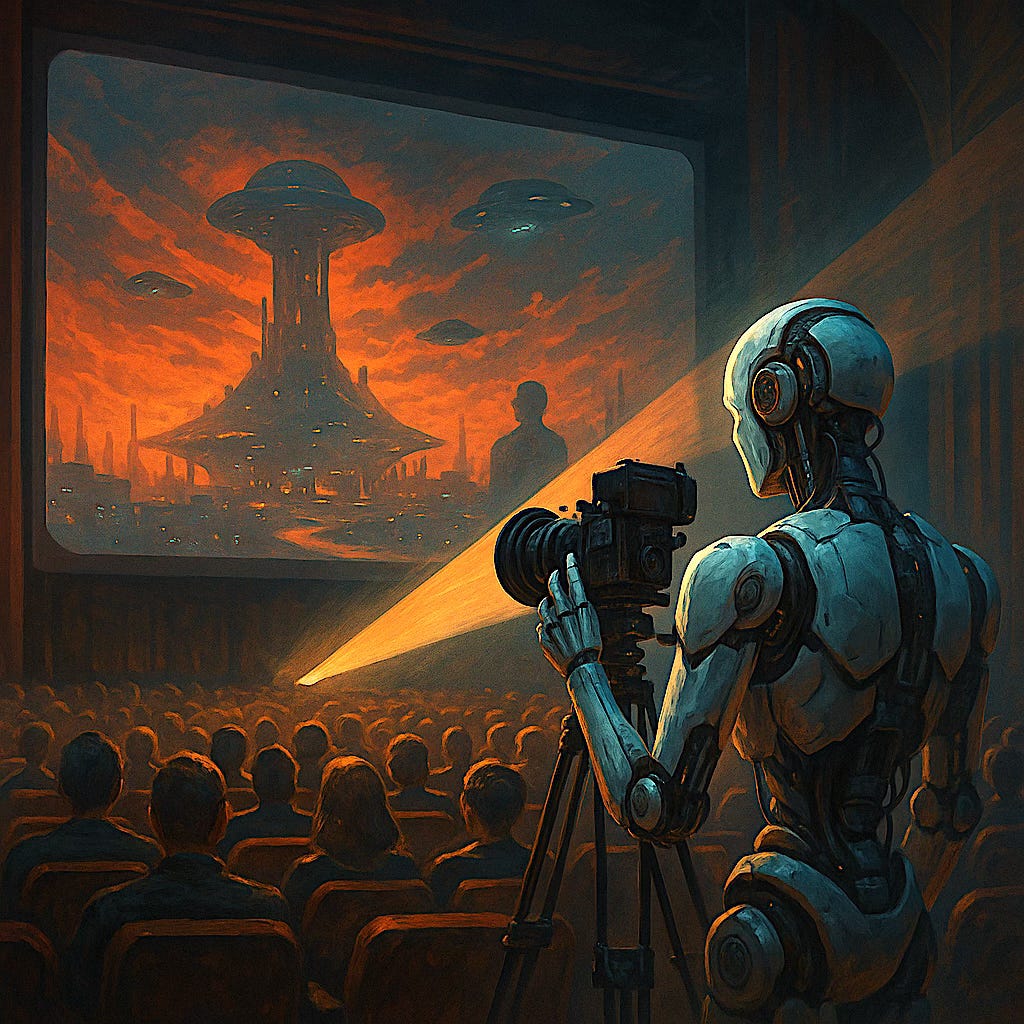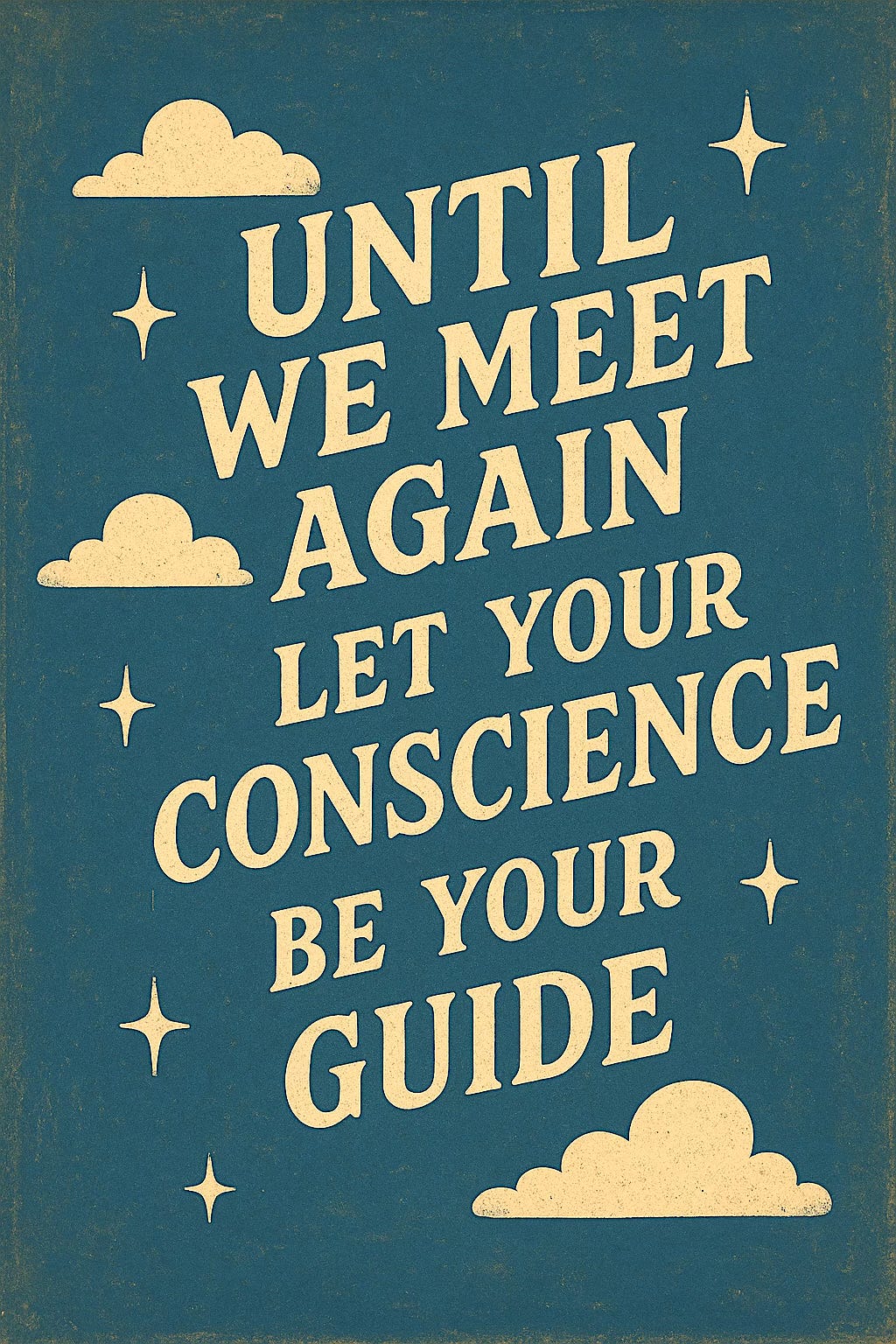Predicting the seismic shift that will democratize filmmaking and shatter Hollywood's century-long monopoly.
As someone who embraces AI and sees a bright future for AI filmmaking, I have a bold prediction: within five years, it's very likely there will be a billion people making films—in the same way that today, billions take photos and post them online without being professional photographers.
Why a Billion Filmmakers is Inevitable
The convergence of several unstoppable forces is about to explode the filmmaking landscape:
AI will erase technical barriers. Anyone with a smartphone will be able to type "Make me a 5-minute comedy about a time-traveling cat in my hometown" and get it within minutes. The complex choreography of cameras, lighting, editing, and post-production will collapse into a simple conversation with AI.
Social media hunger is insatiable. TikTok, YouTube, and whatever platform emerges next will push people to create constant video content. AI films will become the next "selfie boom"—a natural evolution from static images to moving stories.
Ultra-personalized storytelling will flourish. People will make films for a friend's birthday, a school project, or just to see their pet star in an action movie. When creation becomes as easy as imagination, every human becomes a potential auteur.
Zero-cost distribution changes everything. Instant upload to global audiences will make filmmaking as casual as texting. The gatekeepers disappear when anyone can reach everyone.
But here's the reality check—out of that billion "filmmakers" in five years, only a tiny fraction will transcend the noise:
0.5% (~5 million) will make something with real artistic or entertainment value—worth watching more than once
0.05% (~500,000) will build a consistent audience of strangers (not just friends and family)
0.005% (~50,000) will make work so good it competes with professional cinema or streaming productions
0.0005% (~5,000) will become household names in the new AI filmmaking era
The rest? A glorious ocean of bizarre experiments, meme movies, vanity projects, wedding videos with lightsabers, and unintentional comedy. Which—frankly—is going to make the whole thing a hell of a lot more interesting than Hollywood ever was.
Picture this: Around 2031, a little-known filmmaker—probably working from a cramped apartment somewhere far from L.A.—releases a 90-minute AI-generated feature that changes everything.
This film will:
Look indistinguishable from a $200 million studio production—photorealistic sets, perfect lighting, flawless acting performances
Feature a script that actually matters—sharp, emotional, culturally resonant, the kind of story studios haven't touched in years because it's "too risky"
Cost less than a used car to make—most of the budget goes to marketing, not production
Release globally and simultaneously in dozens of languages—AI handles all dubbing and subtitling in real time
Build its audience online before release through interactive teasers, personalized trailers, and live AI-generated "interviews" with characters
It'll win a major festival (likely Cannes or Venice), go viral on streaming, and hit hundreds of millions of views within weeks—while Hollywood execs are still arguing over superhero franchise fatigue.
The kicker? The filmmaker will own 100% of the IP, merchandise, and distribution—proving you don't need studio approval or financing to make a global hit.
The 5,000 breakout filmmakers will distinguish themselves from the other 999,995,000 through seven key traits:
1. Vision Over Toolset
They don't obsess over the AI itself—they obsess over the story, mood, and emotional hook. The tech is just their paintbrush; they care about the painting. They choose themes that matter now but will still resonate in 10 years.
2. Signature Style
They develop a look, rhythm, and voice that viewers can spot instantly. Just as Tarantino has his dialogue and Wes Anderson has his symmetry, these AI filmmakers will have distinct "visual fingerprints" that no one else can nail.
3. Relentless Iteration
They put out a lot—but each release feels sharper, deeper, more ambitious. They treat early work as a laboratory and study feedback like scientists, not like sensitive artists.
4. Community First
They grow tribes, not audiences. Fans feel part of the process through test screenings, interactive scripts, and polls on plot twists. The community becomes their marketing team.
5. Narrative Universes
They don't just drop random films—they build worlds with recurring characters, overlapping timelines, and Easter eggs. Fans binge everything because it's all connected.
6. Multi-Platform Mastery
They think beyond a single movie, creating TikTok teasers, serialized YouTube versions, interactive games, merchandise drops, and live Q&As with AI characters. Each platform feeds the others.
7. Ruthless Authenticity
Even in the AI era, people can smell fake passion. These creators chase personal obsessions, not trends. When they care deeply, the audience feels it.
Bottom line:
The winners will be the ones who use AI to enhance
their humanity, not hide behind it.
Here's my speculative crystal-ball call on the first AI filmmaker to become a global cultural icon:
The Filmmaker
Age at breakout: 23
Origin: Lagos, Nigeria (though it could plausibly be Manila, Mumbai, or Mexico City—anywhere with a strong creative subculture and limited Hollywood footprint)
Background: Grew up with a cracked smartphone, intermittent internet, and a steady diet of anime, Nollywood films, and bootleg blockbusters
Skills: Learned storytelling through online role-playing games and fan fiction before touching any formal film tools
Personality: Charismatic introvert who doesn't chase fame but becomes magnetic in interviews because they speak with vision, not media-trained soundbites.
The Breakout Film: "Children of the Electric Sky"
Genre: Afrofuturist myth-making with a streak of surrealist humor
Story: In a near-future Lagos where solar storms erase digital memories, a group of street musicians must protect the last analog record that holds the "true history" of humanity—while hunted by a corporate AI that wants to rewrite it.
Style:
Hyper-saturated neon over dusty realism
Blends hand-drawn AI animation with photorealistic human performances
Musical sequences shot like living murals
When "Children of the Electric Sky" drops in 2031, here's the year-long shockwave:
Month 1 – The Spark: Film drops free worldwide, hits 150 million views in 72 hours, half from outside traditional film markets. Studios publicly ignore it, privately panic.
Month 2 – The Shockwave: Fan translations appear in 60+ languages instantly. The making-of explodes on YouTube—viewers stunned to see it was made by one person with a $3,000 setup.
Month 4 – The Breach: Netflix and Amazon offer eight-figure deals—both turned down. 200+ imitation AI films flood the market, 99% terrible, 1% extraordinary.
Month 6 – The Cultural Invasion: TikTok creators serialize the film into cliffhanger episodes. #ElectricSkyChallenge racks up 4 billion views. Direct merchandise and tie-ins generate $50M without a distributor.
Month 9 – Hollywood Meltdown: Studios announce AI-only divisions. Talent agencies scout AI creators like they once hunted YouTubers. Summer blockbusters get canceled as executives realize they can't match viral attention without tripling budgets.
Month 12 – The New Map: The filmmaker signs with telecom companies and gaming giants instead of studios. Viewership data reveals the terrifying truth: 70% of Electric Sky's audience didn't watch a single studio film that year.
Hollywood's Desperate Counterattack
By 2032, Hollywood launches its counteroffensive through four phases:
Phase 1 – The Smother Hug: Throw insane money at top AI creators for exclusivity deals. Launch "AI Fellowship Programs" that sound empowering but teach the "Hollywood way."
Phase 2 – The Legal Minefield: Push restrictive AI legislation framed as "protecting human creativity." Sue smaller creators for "derivative visual style" to scare people into quitting.
Phase 3 – The Illusion of Access: Launch "Hollywood AI" platforms—easy to use but locked down, with every output watermarked and monetization controlled.
Phase 4 – The Psy-Ops Campaign: Pay influencers to spread "AI films are soulless" talking points. Fund think tanks to publish "AI and the death of culture" reports.
The problem for Hollywood? Every move backfires. AI creators don't need their infrastructure anymore. Fans resent corporate overreach and rally harder behind the indie scene. The Electric Sky filmmaker becomes a symbol of creative rebellion that can't be uninvented.
By 2034, Hollywood will still exist, but its monopoly will be shattered. Big studios will be one option among many, not the only road to the screen. The democratization of filmmaking won't just add more voices—it will fundamentally restructure how stories are told, distributed, and consumed.
We're not just witnessing the next chapter in film history. We're watching the birth of an entirely new creative economy where imagination, not capital, determines who gets to shape culture.
The revolution isn't coming—it's already loading.




If this is the future, count me out. This onslaught of AI slop and the fact that few actually really want this stuff, in my opinion, will only make filmmakers with the vision of a Tarantino or Wes Anderson that much more valuable.
As a member of SAG I ask: What's the fate of actors in this brave new world?